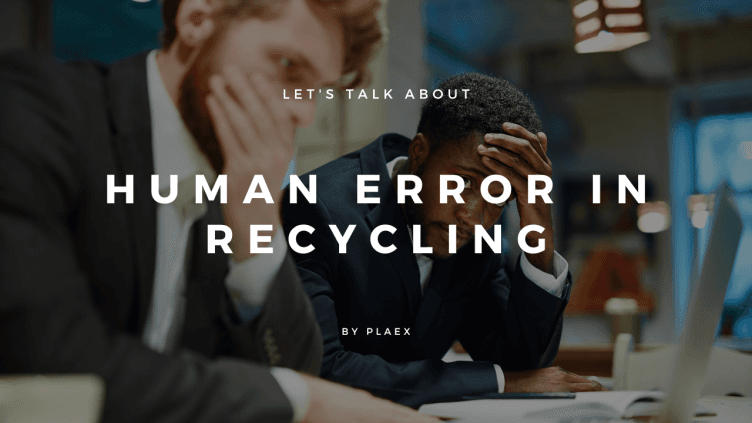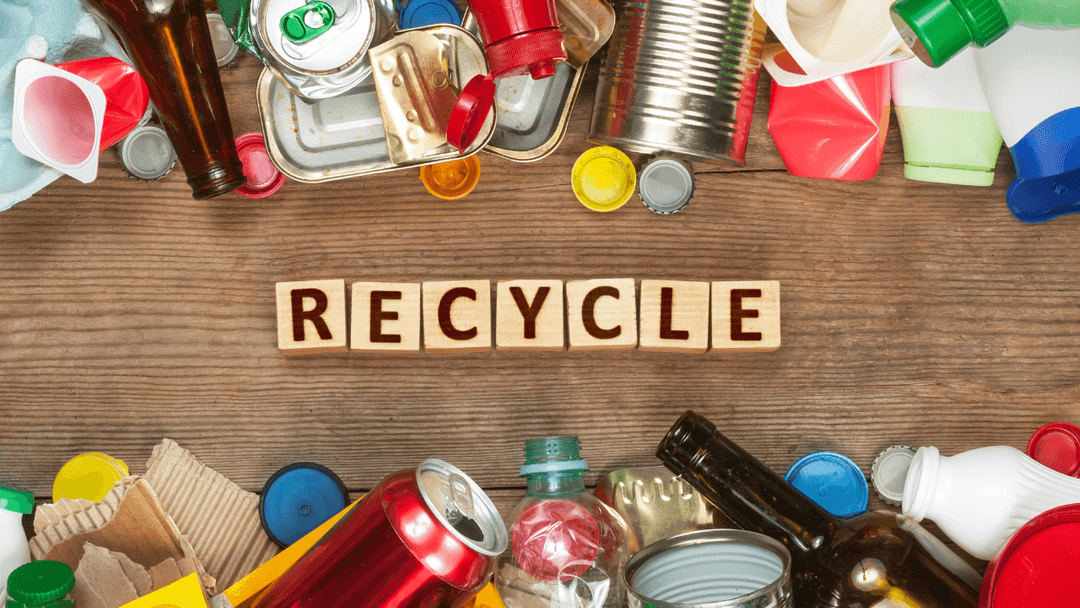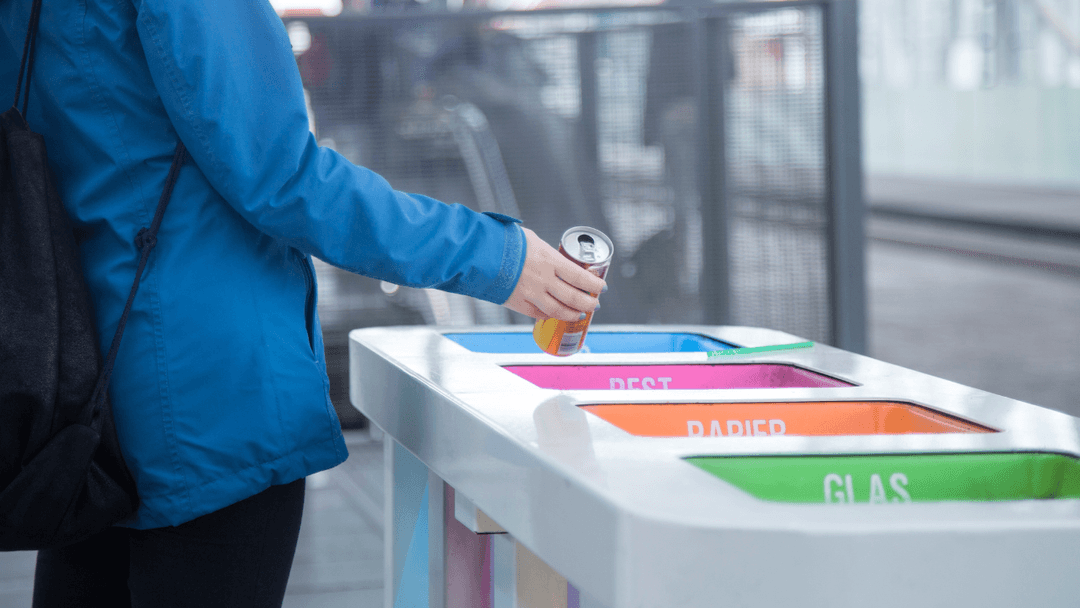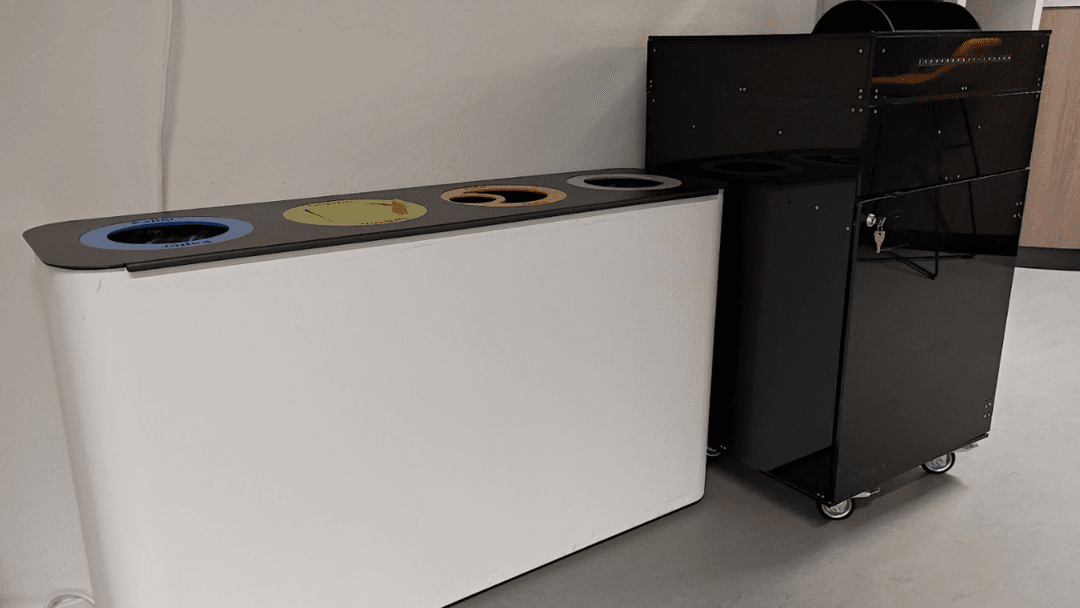Human Error In Recycling
9 January 2023, By PLAEX Technologies

Have you ever wondered whether something is recyclable after taking a closer look at it?
Even after searching for a label, you're still unsure. You, therefore, decide that, just to be safe, it is the correct thing to put it in the recycling bin.
Despite your best efforts, incorrect recycling has negative effects on the entire waste management system.
In this blog, we are going to emphasize human error in recycling by taking a look at the most common mistakes in recycling, how recycling affects humans, the potential threats of recycling, as well as, the role of technology in terms of eliminating human error in recycling.
The Most Common Recycling Mistakes

All of us want to stop our waste from taking up valuable landfill space, but are some of our behaviors actually doing more harm than good?
To help, we've collected a list of typical household recycling errors so you can contribute to the solution.
1. Not paying enough attention to the label
While many of us are accustomed to tossing our packing in the trash without giving it a second thought, it may be beneficial to look more closely at the product to check for a recycling label.
They let you know whether the product should be recycled.
2. Failure to remove food and other debris
Recycling materials can become contaminated by too much grease, food, or fluids, which prevents them from later being converted into higher-quality resources.
3. Recycling soft plastics incorrectly
If soft plastics like pasta bags and cling wrap are mixed in with domestic recycling, they can jam machines and cause chaos.
4. Placing the incorrect glass in the incorrect bin
Due to the fact that broken glassware doesn't melt at the same temperature as bottles and jars, it can pose significant issues throughout the recycling process.
It is best to place any shattered glass or china in your garbage can rather than your recycling bin, wrapped in a cloth or several layers of newspaper.
5. Reusing plastic utensils
Plastic dining ware is frequently too flat or light for recycling equipment to recognize it as plastic, which can cause it to end up in the paper division.
Plastic plates can sometimes be recycled by authorities; however, it's best to double-check.
6. Biodegradable plastics recycling
Keep biodegradable plastic goods out of your recycling container since they can interfere with efforts to recycle regular plastics.
Furthermore, when placed in household organic bins, these materials could not truly decompose sufficiently.
So it's usually advisable to dispose of these products in general waste unless the label specifically states that they are certified for home composting.
7. Discarding reusable items
Donate to op shops any old or unwanted clothing that is still in good condition. Use them as rags for cleaning and other purposes if they are not.
In order to save your cash and the environment from additional disposable products, you can also make a difference by keeping reusable water bottles, coffee cups, and food wraps close at hand.
8. Avoiding secondhand goods purchases
Like any other sector, recycling is driven by supply and demand.
You will therefore be helping recyclers and ensuring that reusable materials are worth more out of the ground than in it if you make an effort to look for products manufactured from recycled plastics or other materials.
How Does Recycling Affect Humans

Some people argue that they are too busy, while others think recycling is too expensive given the energy required to collect and then transform waste into new resources.
Many people continue to debate whether it is worthwhile to place cans, glass jars, plastic bottles, and newspapers in collection bins for an action that only takes a few seconds to complete.
Resources are conserved by recycling. Natural resources like living things, mineral ores, and water aren't always available, so managing them responsibly now ensures that future generations will be able to use them.
Recycling is effective in a number of ways, including by maximizing the use of the many materials made from priceless natural resources that are already in use.
Recycling Makes Our Environment Cleaner. Recycling continues to encounter varying degrees of opposition while being one of the best alternative waste management strategies available.
The amount of customer interaction needed to get the best results is modest, but there doesn't seem to be a general grasp of why it's advantageous.
The economy benefits from recycling. In a similar way, reusing materials that are already in use makes financial sense.
As favorable as the industry's growing state, which generates hundreds of thousands of job opportunities for people across the nation, is the lower cost of goods produced from recycled stock.
How Does Technology Eliminate Human Error In Recycling

Technology has assisted businesses not only in lowering carbon emissions but also in processing and storing the waste they gather.
The 21st century is being transformed by technology, which has an impact on all aspects of daily life, including the field of environmental technology.
Waste management practices will become more efficient thanks to technology. As a result, fewer raw materials will need to be mined or imported, minimizing negative effects on the environment and the climate.
This will increase the number of valuable resources that may be recovered by the European economy from waste streams.
Operations involving waste management provide a challenging logistical problem that requires a lot of human handling and, consequently, labor expenditures.
In higher-value segments of the supply chain, digitalization presents an opportunity to cut these costs and improve job prospects.
Sorting is one significant area of application because it is necessary for high-level recycling. Numerous international producers of commodities like electronics are already using AI image-processing techniques aided by robotic sorters. Other strategies involve utilizing quick-response (QR) codes, watermarks, or other digitally readable identifiers on product labels. Providing information on the material composition and product setup to automated sorters can assist in the recovery of high-value commodities.
Final Thoughts
The best way to eliminate human error in recycling is by utilizing technology, that will reduce all errors in the recycling process and facilitate waste management.
Technology does this by clearly sorting your waste correctly and in each respective place regarding paper, plastic, metal, glass, and residual.
Use our smart bins, which contain technology for automatically sorting waste.
Our bins are made to distinguish between various waste materials and sort them.
They are a fully enclosed system that keeps recyclables from getting contaminated, stops waste, and makes recycling easier.
How would you like to be part of the change to a more sustainable future?
Remember, It's Not Complex. It's PLAEX.